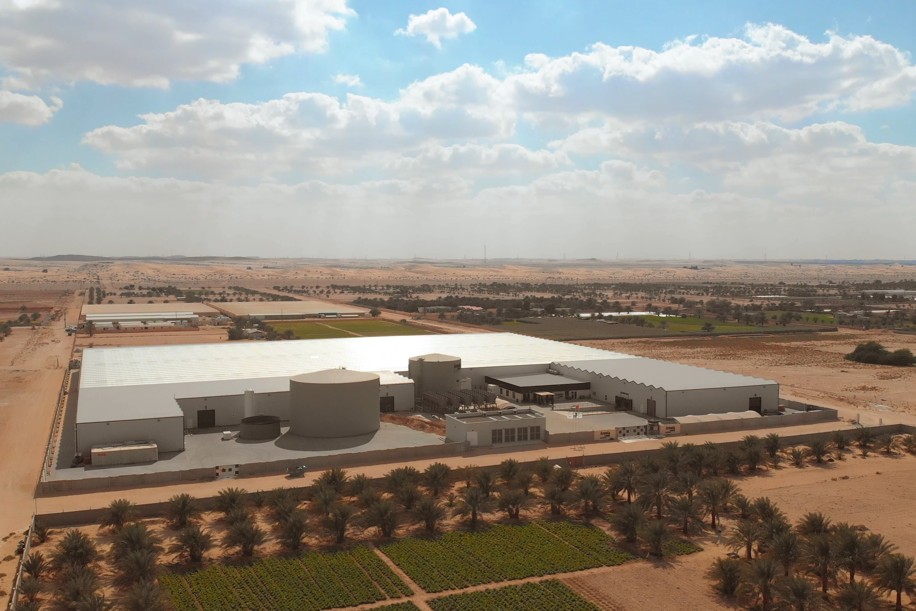At a Glance
- Industrial farms drive MENA’s push for regional food independence and sustainability.
- AI, hydroponics, and vertical farming redefine agriculture across Saudi Arabia, UAE, and North Africa.
- Governments and investors back large-scale agribusiness to secure food and reduce imports.
The Middle East and North Africa (MENA) region is rapidly reshaping its food future through large-scale industrial farming. Faced with water scarcity and rising import bills, countries like Saudi Arabia, the UAE, Egypt, and Morocco are investing billions in agri-tech to boost food security.
From high-tech vertical farms in the Gulf to industrial dairy and fresh-produce giants stretching across Saudi Arabia, the UAE, and beyond, MENA is engineering a new, technology-driven food system, one built to withstand both climate pressure and mounting demand.
Industrial farming in MENA is no longer an experiment; it is a national security strategy. As governments scale investment and technology lowers production costs, the region could shift from global importer to innovation exporter. The farms leading this charge today are laying the foundation for a more food-secure tomorrow.
Below, Shore Africa spotlights fifteen industrial farms and agribusiness leaders that stand at the heart of this transformation.
1. AeroFarms (Saudi Arabia)
In a landmark partnership with Saudi Arabia’s Public Investment Fund (PIF), AeroFarms is building what aims to be the region’s largest indoor vertical farm. With an annual production target exceeding 1.1 million kilograms of leafy greens, the project underscores the Kingdom’s push for food-system independence through cutting-edge agricultural science and AI-driven crop management.
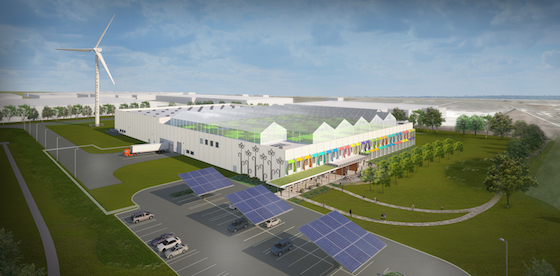
2. Pure Harvest Smart Farms (UAE)
Among the region’s most ambitious controlled-environment agriculture companies, Pure Harvest uses robotics, climate-control systems, and hydroponics to grow year-round fresh produce in the desert. Backed by major regional and global investors, the company has become a torchbearer for sustainable, tech-enabled agriculture in the Gulf.
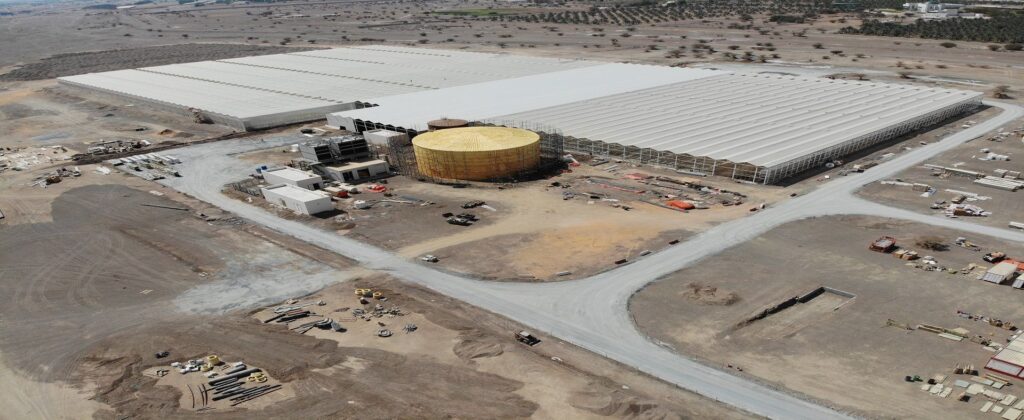
3. Red Sea Farms (Saudi Arabia)
Born out of research at KAUST, Red Sea Farms is pioneering salt-water agriculture. Its technology blends brackish water greenhouse cooling systems with salt-tolerant crops, reducing freshwater use dramatically, an innovation with massive implications for arid-zone farming worldwide.
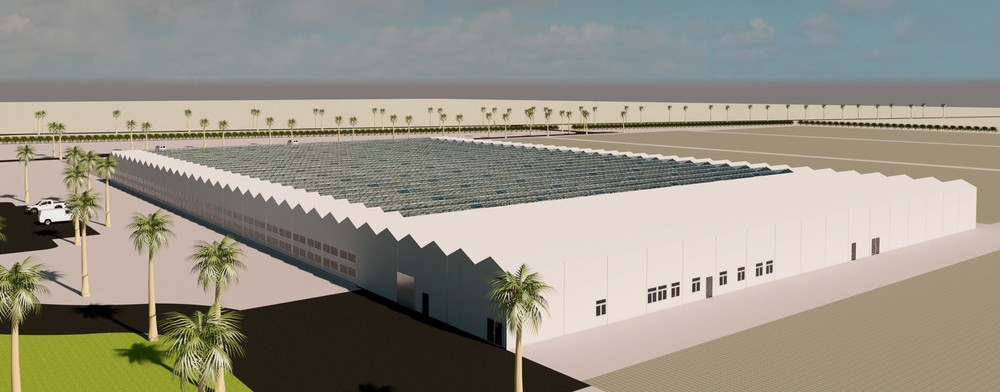
4. Baladna Dairy Farm (Algeria)
Backed by Qatar’s Baladna, this $3.5-billion project in Adrar Province will span 117,000 hectares and house 280,000 cows. Designed to mirror Baladna’s vast operations in Qatar, the farm seeks to make Algeria self-sufficient in milk production and reduce its dependence on imports.
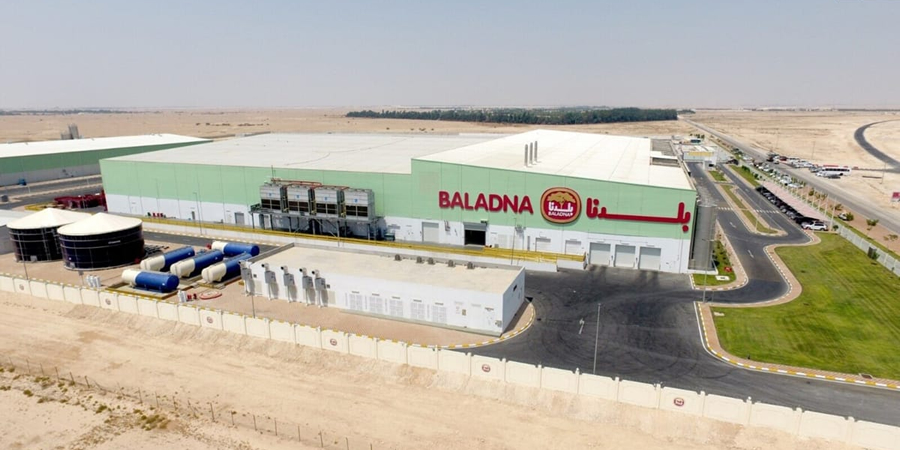
5. Madar Farms (UAE)
Madar operates next-generation hydroponic systems and container farms to cultivate leafy vegetables, tomatoes, and microgreens under LED-powered facilities. With a footprint in both consumer produce and institutional supply, it represents a scalable model for urban and climate-resilient farming.
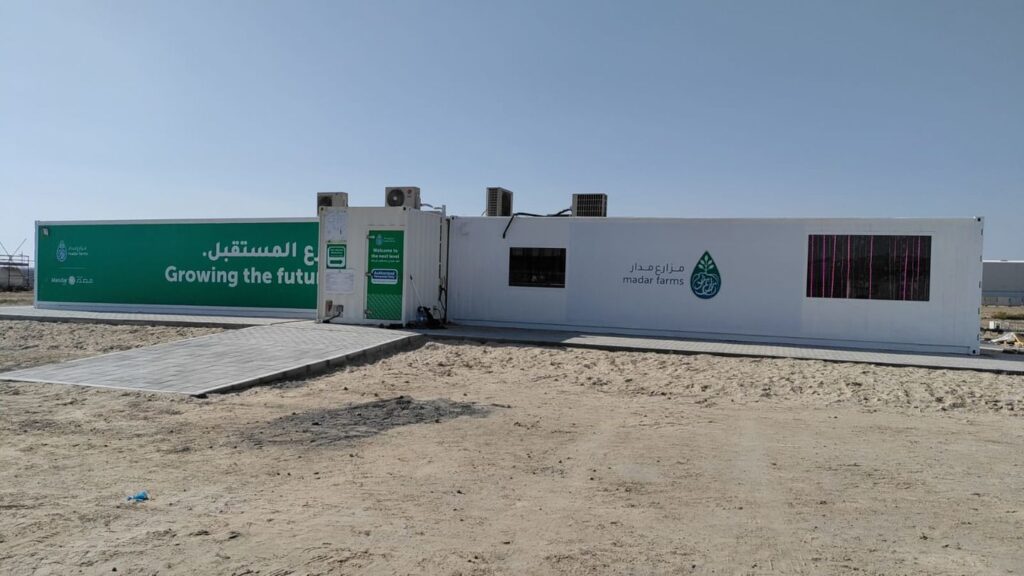
6. Tarboul Industrial City (Egypt)
Located near Cairo, Tarboul Industrial City is set to become the largest industrial hub in the MENA region, hosting over 350 heavy industries. The project aims to attract global manufacturers, expand Egypt’s export base, and drive large-scale job creation.
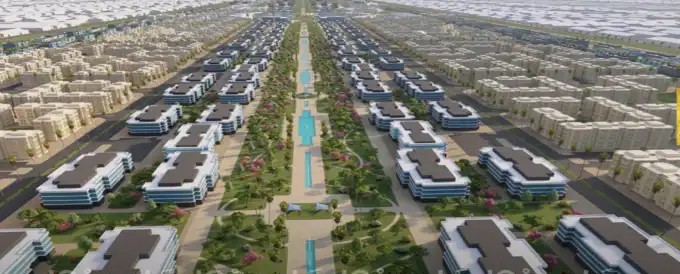
7. Agri-Food Technopoles (Morocco)
Part of Morocco’s Pacte National pour l’Émergence Industrielle, these agri-food technopoles emphasize innovation in horticulture, organic products, and traditional foods. They serve as research and production hubs fostering value-added agriculture and sustainable food exports.
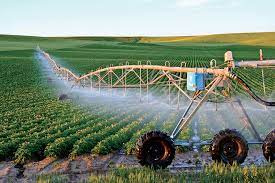
8. Badia Farms (UAE)
As the Gulf’s first commercial indoor vertical farm, Badia Farms grows leafy greens with 90% less water than traditional farming. It supplies premium restaurants and retailers, demonstrating how sustainability and premium food production can coexist in the region.
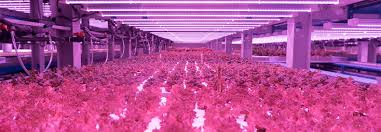
9. Agrifood and Innovation Hubs (Tunisia)
With one of North Africa’s most industrialized economies, Tunisia is shifting toward specialized agrifood clusters. These hubs prioritize innovation and sector-specific upgrades, strengthening Tunisia’s role as a regional leader in food processing and agricultural technology.
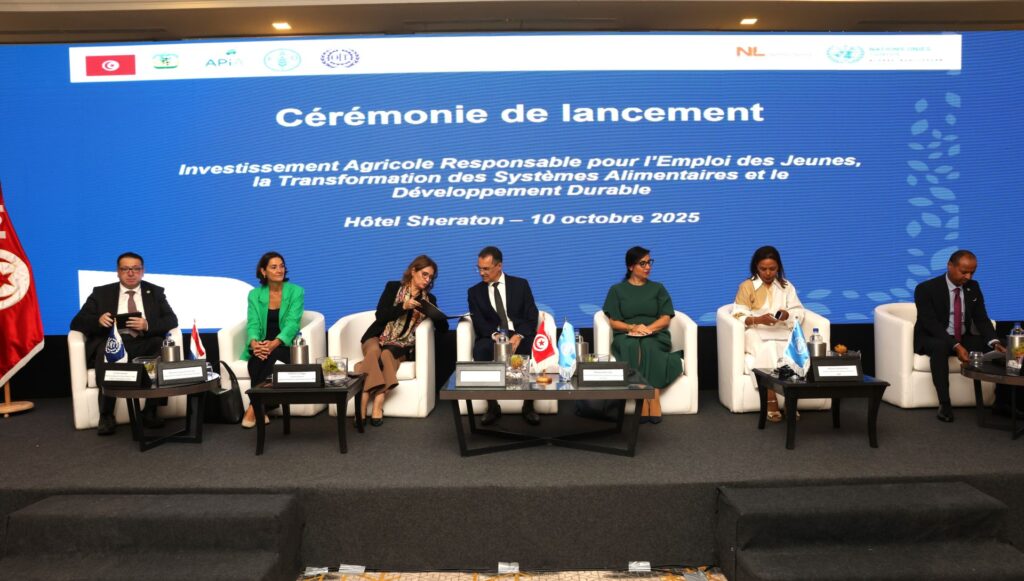
10. Almarai (Saudi Arabia)
A household name with a regional dairy empire, Almarai represents industrial farming at scale. With dairy herds numbering in the tens of thousands and extensive feed production operations, it remains a cornerstone of regional food supply.
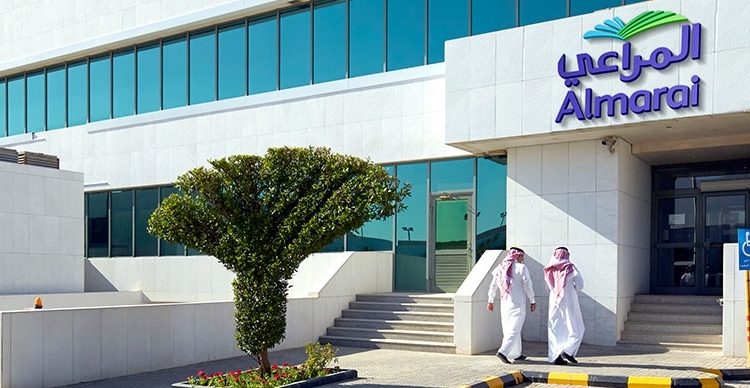
11. Americana Group (Kuwait)
Americana Group is the largest integrated food company in Middle East. Better known for consumer brands and restaurant franchises, Americana also plays a critical role in industrial food production. Its partnership with Farm Frites to expand potato processing and frozen fries production highlights its growing agricultural footprint.
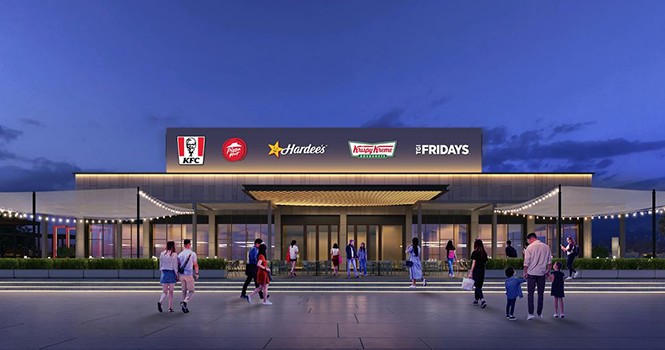
12. Fresh Del Monte Produce (UAE)
The global produce giant has deep roots in the UAE, operating major packing, distribution, and agricultural facilities. The company supports local production while serving as a hub for regional and export markets.
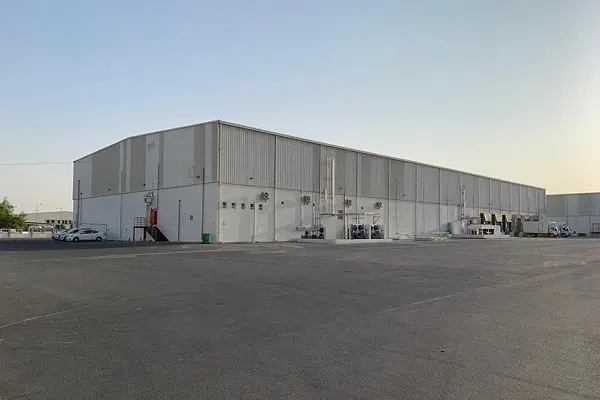
13. Al Alamiya Farm (Saudi Arabia)
One of Saudi Arabia’s leading integrated farms, Al Alamiya produces crops and livestock at scale, supporting the Kingdom’s strategy to expand domestic food production in dairy, fodder, and fresh produce.
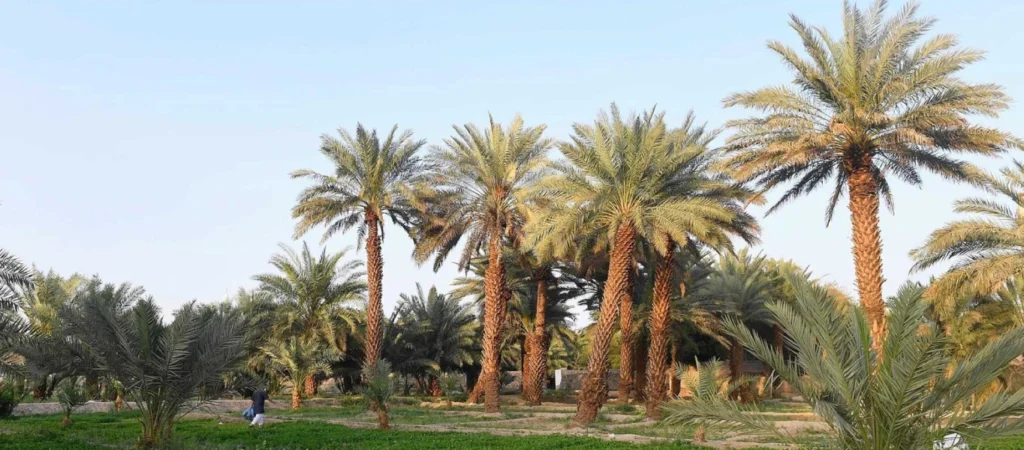
14. Torba Farm (UAE)
Torba Farm is a family-owned, sustainable and organic farm located in Al Khor, Qatar, not the UAE. Focused on organic fruits, vegetables, and dairy, Torba has carved a niche in sustainable agriculture and community-based farming. It represents the rising consumer demand for chemical-free, locally grown produce in urban Gulf markets.
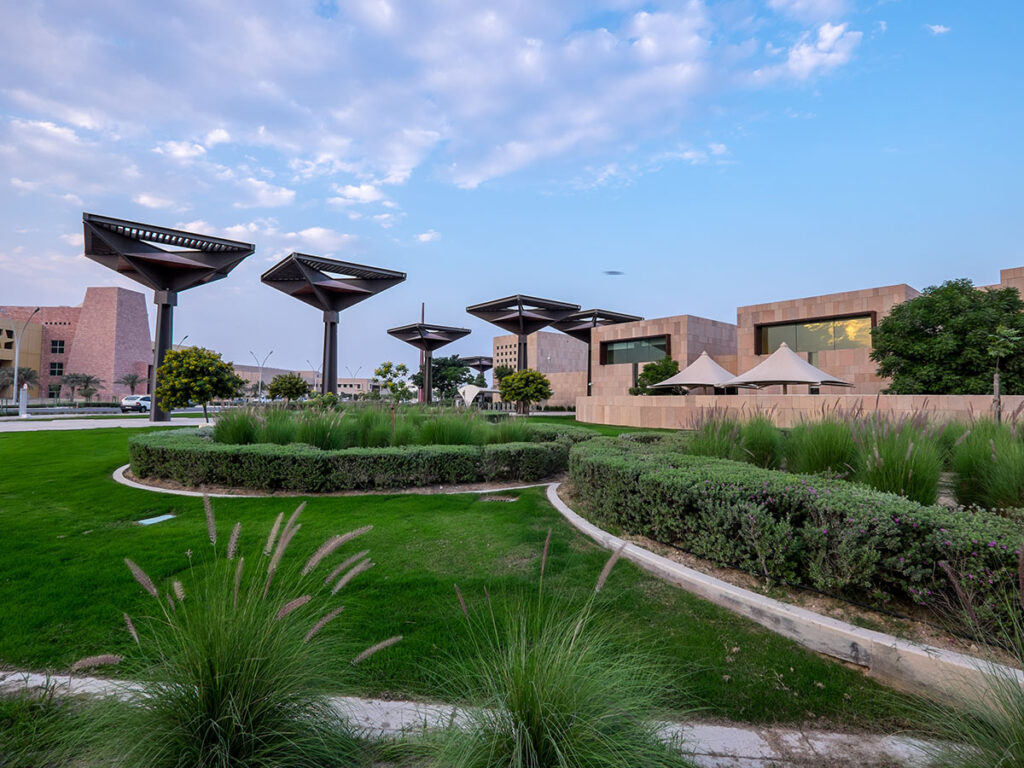
15. Armela Farms LLC (UAE)
Armela Farms LLC (UAE) is a vertical farming company tailored to the Middle Eastern climate.
